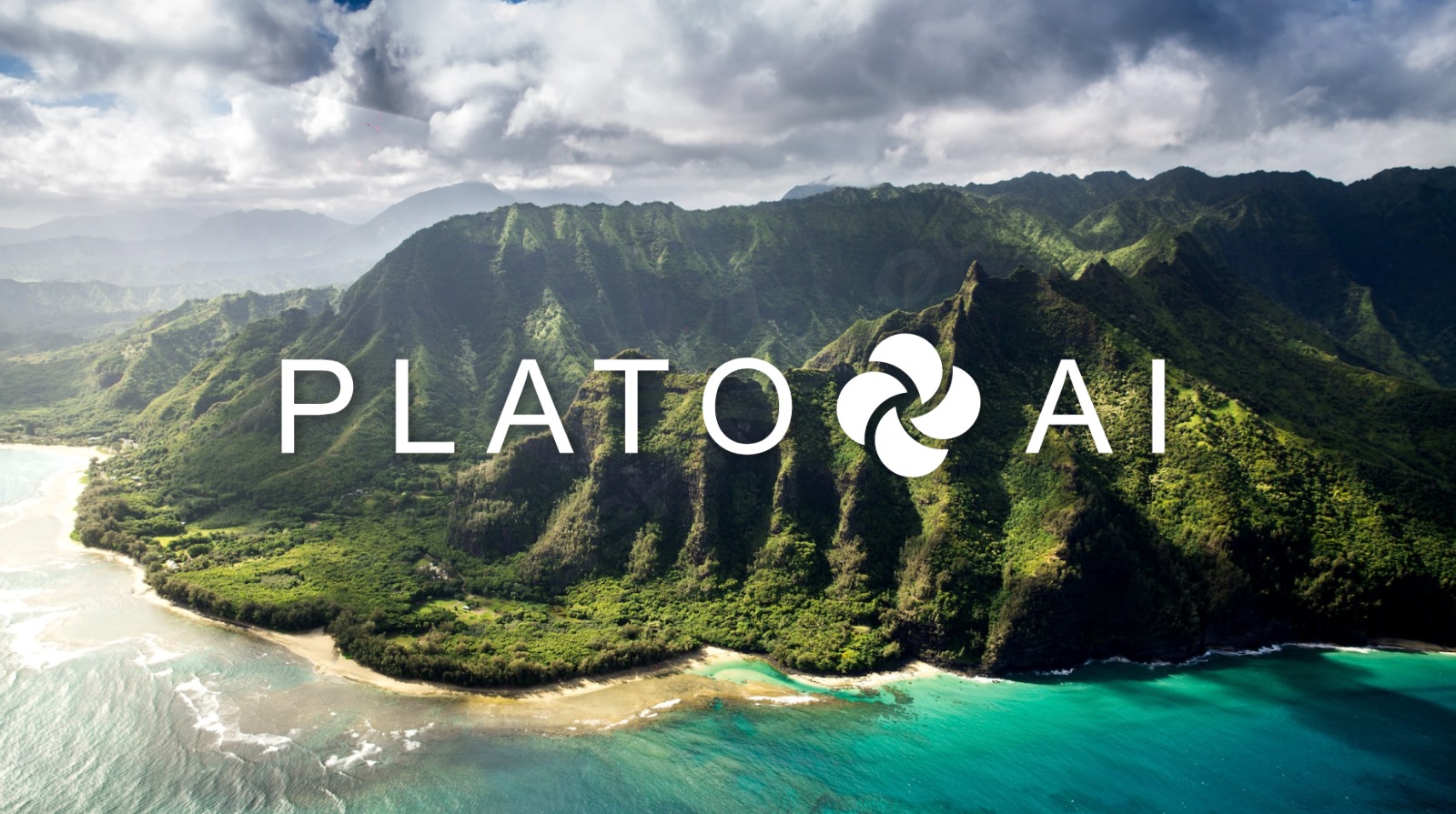Understanding the Significance of Social Carbon, Biodiversity Hotspots, and the Impact of Benefit Sharing: A Comprehensive Survey
In recent years, there has been a growing recognition of the importance of addressing environmental issues and promoting sustainable practices. Three key concepts that have gained significant attention are social carbon, biodiversity hotspots, and benefit sharing. These concepts play a crucial role in understanding and addressing the challenges we face in preserving our planet’s natural resources and ensuring a sustainable future for all.
Social carbon refers to the carbon emissions associated with human activities and their impact on climate change. It recognizes that carbon emissions are not solely the responsibility of industries or governments but are also influenced by individual choices and behaviors. Understanding social carbon is essential in developing effective strategies to reduce greenhouse gas emissions and mitigate climate change.
One way to address social carbon is through carbon offsetting. Carbon offsetting involves investing in projects that reduce or remove greenhouse gas emissions to compensate for one’s own emissions. This can include initiatives such as reforestation, renewable energy projects, or energy efficiency programs. By offsetting their carbon footprint, individuals and organizations can take responsibility for their emissions and contribute to global efforts to combat climate change.
Biodiversity hotspots are areas with exceptionally high levels of biodiversity that are also under significant threat from human activities. These hotspots are home to a large number of unique species, many of which are found nowhere else on Earth. Protecting biodiversity hotspots is crucial as they provide essential ecosystem services, such as clean air and water, pollination, and climate regulation.
Conservation efforts in biodiversity hotspots focus on preserving habitats, preventing species extinction, and promoting sustainable land use practices. This includes establishing protected areas, implementing sustainable agriculture practices, and engaging local communities in conservation efforts. By safeguarding biodiversity hotspots, we can protect the incredible richness of life on our planet and ensure its long-term survival.
Benefit sharing refers to the fair and equitable distribution of benefits derived from the use of natural resources. It recognizes that communities living in or near areas rich in natural resources should receive a fair share of the benefits generated from their use. This can include financial compensation, employment opportunities, access to education and healthcare, or the preservation of cultural heritage.
Implementing benefit sharing mechanisms is crucial for promoting sustainable development and reducing social inequalities. It ensures that local communities are actively involved in decision-making processes and have a stake in the management and conservation of natural resources. By sharing the benefits derived from resource use, we can foster a sense of ownership and responsibility, leading to more sustainable practices and improved livelihoods for local communities.
In conclusion, understanding the significance of social carbon, biodiversity hotspots, and the impact of benefit sharing is essential for addressing environmental challenges and promoting sustainable practices. By recognizing our individual and collective responsibility for carbon emissions, protecting biodiversity hotspots, and ensuring fair benefit sharing, we can work towards a more sustainable future for all. It is through comprehensive surveys and research that we can gain a deeper understanding of these concepts and develop effective strategies to preserve our planet’s natural resources for generations to come.
- SEO Powered Content & PR Distribution. Get Amplified Today.
- PlatoData.Network Vertical Generative Ai. Empower Yourself. Access Here.
- PlatoAiStream. Web3 Intelligence. Knowledge Amplified. Access Here.
- PlatoESG. Automotive / EVs, Carbon, CleanTech, Energy, Environment, Solar, Waste Management. Access Here.
- PlatoHealth. Biotech and Clinical Trials Intelligence. Access Here.
- ChartPrime. Elevate your Trading Game with ChartPrime. Access Here.
- BlockOffsets. Modernizing Environmental Offset Ownership. Access Here.
- Source: Plato Data Intelligence.


Jones Expresses Desire for Removal of Climate Commission CEO
**Jones Expresses Desire for Removal of Climate Commission CEO** In a surprising turn of events, Senator Rebecca Jones has publicly...